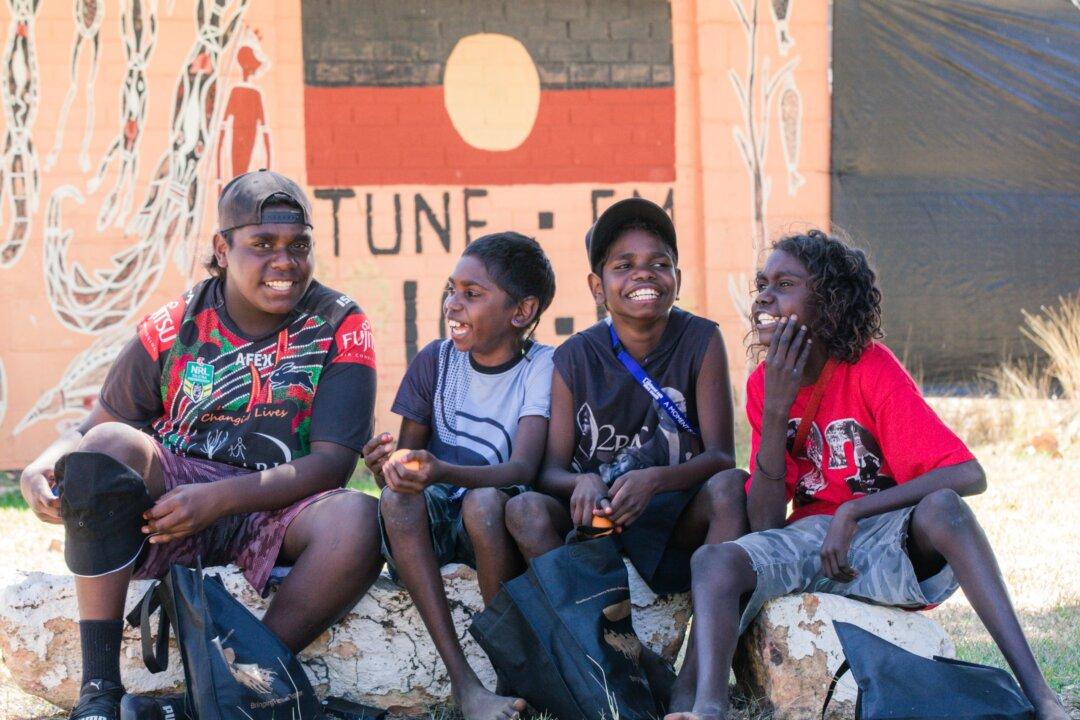Commentary
There has been much written about the Indigenous voice to the Australian Parliament in recent times (hereafter referred to as “the Voice” with a capital V).

There has been much written about the Indigenous voice to the Australian Parliament in recent times (hereafter referred to as “the Voice” with a capital V).